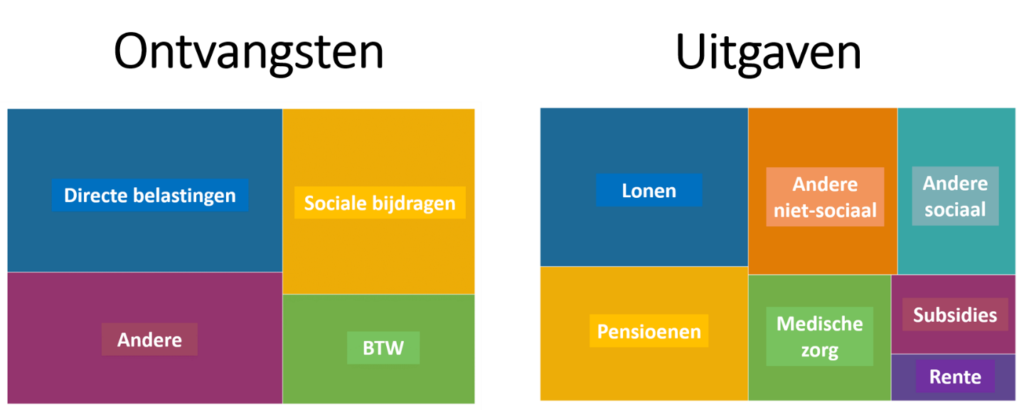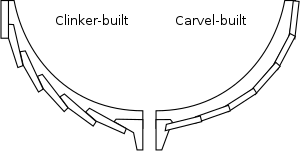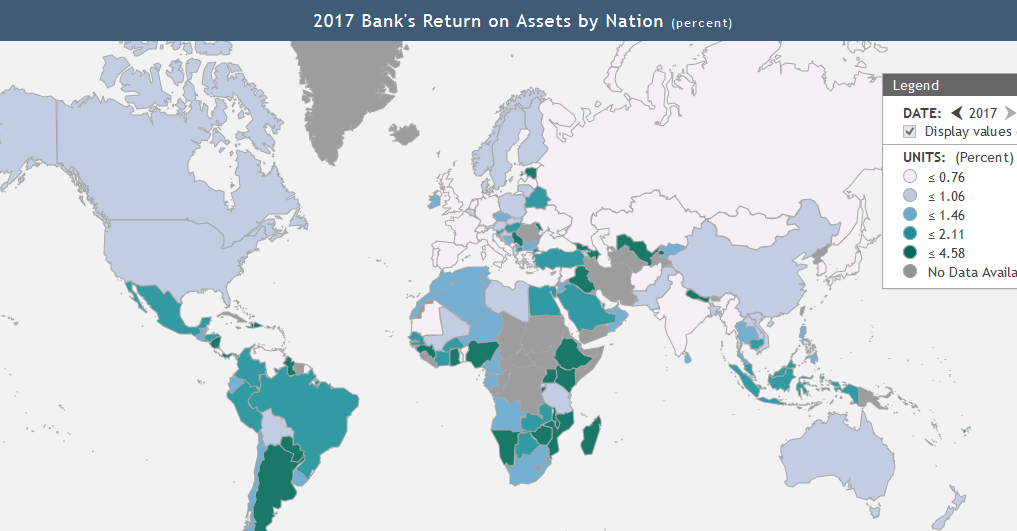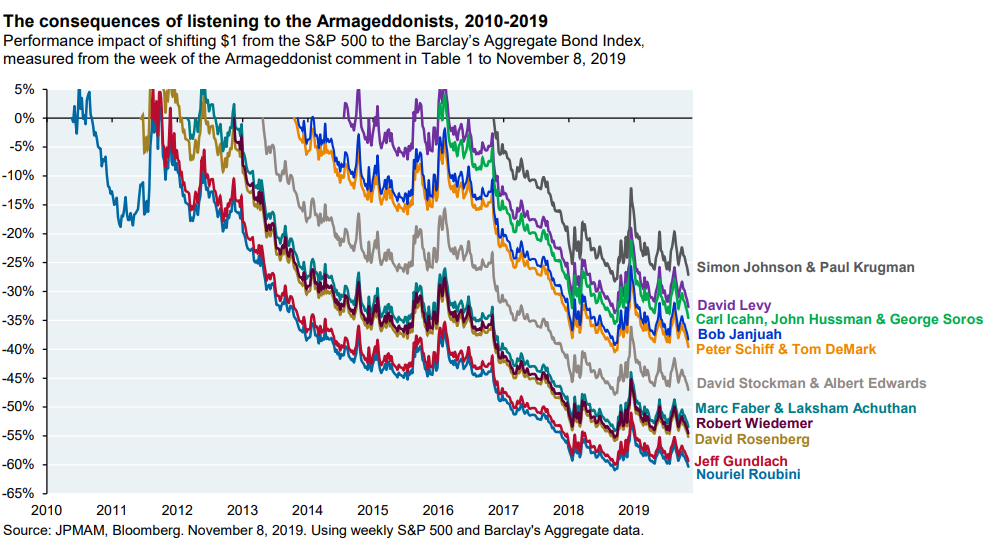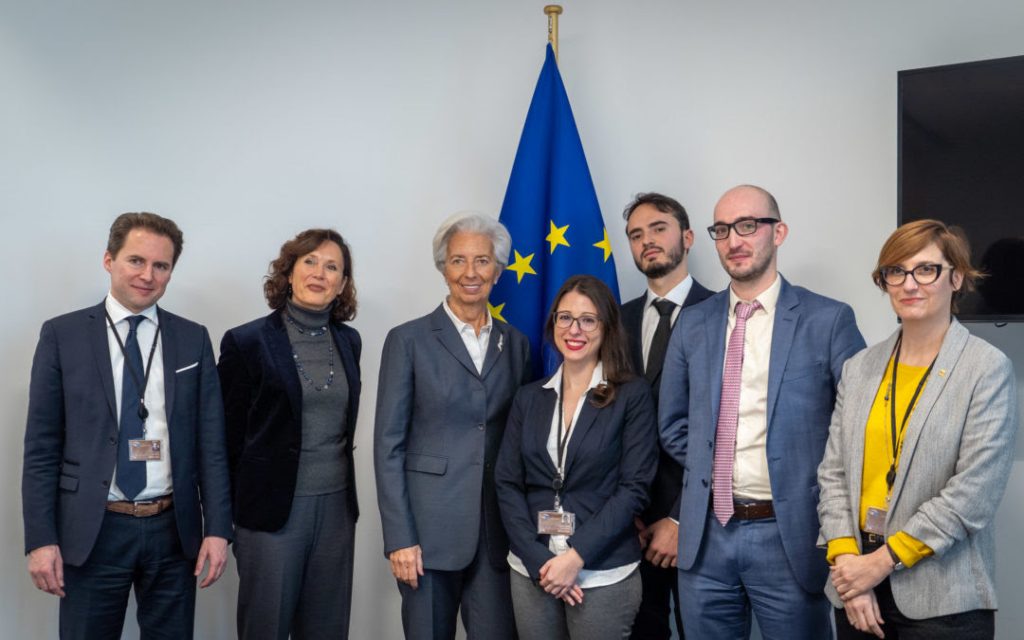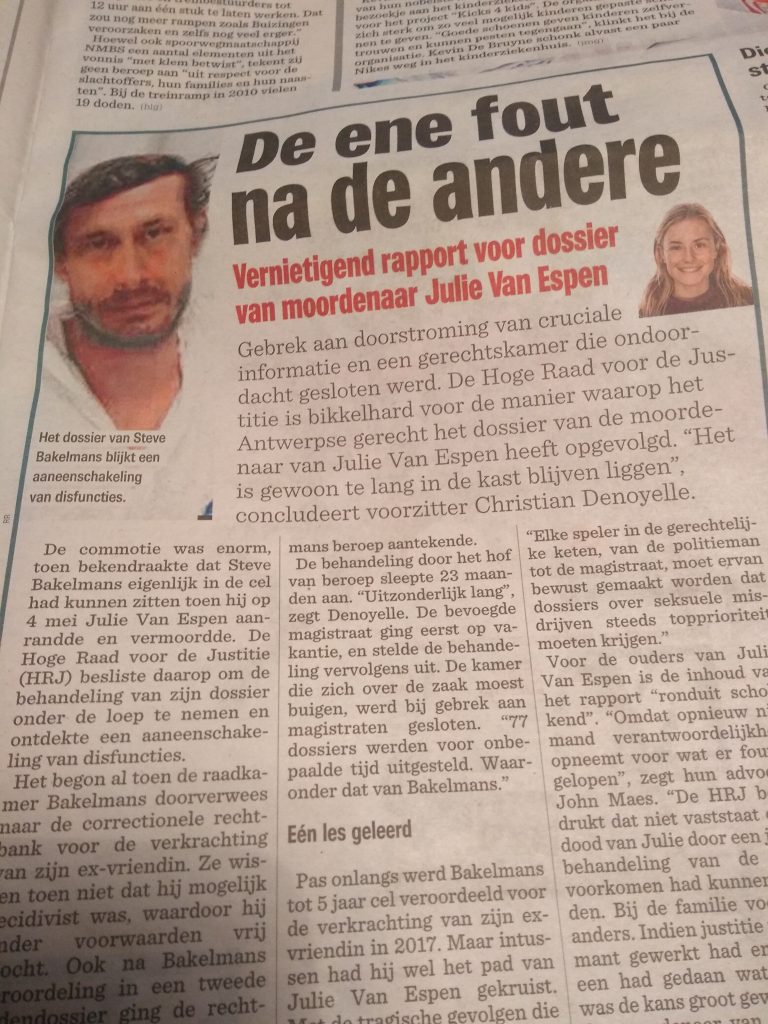Banks do not create money out of thin air. That’s the title and argument of an article by Pontus Rendahl and Lukas Freund in VOX.
Unsurprisingly, people on Twitter took issue with the authors’ claim:
I find this polemic boring and unproductive.
Boring, because I explained the misconceptions surrounding “money from thin air” in Bankers are people, too. (If you have a copy of the book, see page 38).
It’s also unproductive, because a slogan is not an insight. VOX claims to provide ‘Research-based policy analysis and commentary from leading economists’. It’s a sad state of affairs if leading economists produce more heat than light by using slogans.
Scientists don’t argue about slogans. Insight follows from identifing the relevant mechanisms or from looking at empirical findings, not from these endless ‘debates’.
That’s why Bankers are people, too contains so many drawings of simple balance sheets and discussions of behavior and incentives. I wanted to be crystal clear, not become yet another vague economics guru.
Do better, economics community…
